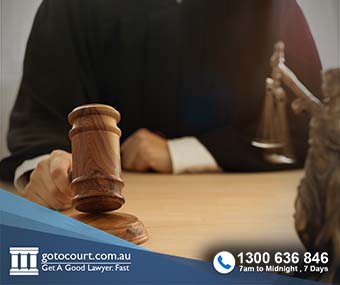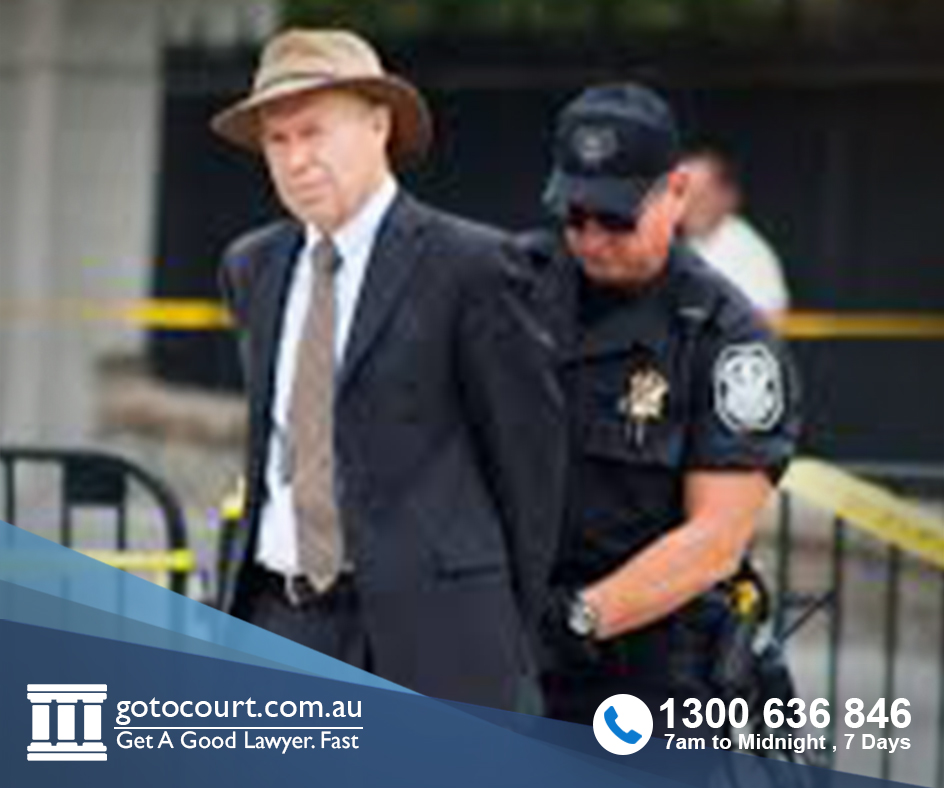Call our lawyers
now
or,
have our lawyers
call you
Assault in South Australia
Updated on Dec 23, 2022 • 5 min read • 485 views • Copy Link
Assault in South Australia
In South Australia, there is a range of offences relating to assault including basic assault, causing harm, causing serious harm and causing harm to an emergency worker.
Legislation governing assault in South Australia
Assault is an offence under section 20 of the Criminal Law Consolidation Act 1935.
A person commits an offence under this section if they:
- Intentionally apply force to the victim; or
- Intentionally make physical contact with the victim knowing that the victim may reasonably object to this; or
- Threaten to apply force to the victim where the victim has reasonable ground to believe that the threat will be carried out; or
- Do an act intended to apply force to the victim; or
- Accost or impede a person in a threatening manner
without justification or excuse.
Penalty for assault in SA
The maximum penalty for a basic assault is imprisonment for two years.
An assault is an aggravated assault if it is committed under any of the circumstances set out in section 5AA of the Criminal Law Consolidation Act 1935:
- In the course of deliberately and systematically inflicting pain on the victim;
- With the used or threatened use of an offensive weapon;
- Against a police officer, prison officer or other law enforcement officer;
- Against a person under 14 or over 60;
An aggravated assault carries a maximum penalty of four years imprisonment.
Jurisdiction
Assault offences are dealt with in the Magistrates Court (or Children’s Court if the accused is under 18).
Pleading guilty to assault
When a person pleads guilty to assault in South Australia, they should first ensure that all the elements of the offence are made out and that they agree with the police summary of facts. A lawyer can help you to identify whether the offence can be proven and whether there are any available defences.
When the court sentences a person for an offence, it does so with regard to all the circumstances of the offence and of the offender. For this reason, it is always helpful to gather supporting material to highlight any mitigating factors in your case. This may include character references, medical reports, psychological reports, and evidence that you have taken part in rehabilitation courses or that you have taken other steps to address the underlying causes of the offending.
After considering all the supporting material you have presented and your criminal history (if any), the magistrate will decide on the appropriate sentence.
Pleading not guilty to assault
If you have been charged with assault and want to plead not guilty, the matter will be adjourned for the prosecution to provide the brief of evidence. The brief of evidence is a copy of all the evidence that the prosecution intends to rely on such as witness statements, CCTV and medical records. You should review the brief of evidence carefully to assess the strength of the case against you and whether there are any defences that apply.
Your matter will then be listed for a contested hearing. On that date, the court will hear evidence and submissions from both parties. The magistrate will then decide whether the offence has been proven beyond a reasonable doubt.
If you are found guilty, the court will impose a sentence. If you are found not guilty, the matter will be dismissed.
Defences to assault
A person charged with assault in South Australia may rely on a number of legal defence, or on a factual defence such as an alibi. Some of the legal defences to assault are outlined below.
The defence self-defence
Under section 15 of the Criminal Law Consolidation Act 1935, a person has a defence to assault if they genuinely believed their conduct was necessary for a defensive purpose AND their conduct was reasonably proportionate to the threat they believed to exist.
The defence of duress
Under section 15D of the Criminal Law Consolidation Act 1935, a person has a defence to assault if they carried out the conduct because a threat had been made to them and they believed it would be carried out if they did not carry out the conduct AND the conduct was a reasonable response to the threat.
The defence of normal social interaction
Under section 20 of the Criminal Law Consolidation Act 1935, a person is not guilty of an assault if their conduct falls into the category of normal social interaction. Physical contact such as tapping someone on the shoulder to get their attention or pushing through a crowd are not assaults.
The defence of reasonable chastisement
Under the common law, it is a defence to an assault charge if the accused was disciplining a child for misbehaviour so long as:
- The accused was the child’s parent or was acting in loco parentis;
- The level of force used was reasonable in the circumstances.
If you require legal advice or representation in any legal matter, please contact Go To Court Lawyers.


Affordable Lawyers
Our Go To Court Lawyers will assist you in all areas of law. We specialise in providing legal advice urgently – at the time when you need it most. If you need a lawyer right now, today, we can help you – no matter where you are in Australia.How It Works








1. You speak directly to a lawyer
When you call the Go To Court Legal Hotline, you will be connected directly to a lawyer, every time.


2. Get your legal situation assessed
We determine the best way forward in your legal matter, free of charge. If you want to go ahead and book a face-to-face appointment, we will connect you with a specialist in your local area.


3. We arrange everything as needed
If you want to go ahead and book a fact-to-face appointment, we will connect you with a specialist in your local area no matter where you are and even at very short notice.







